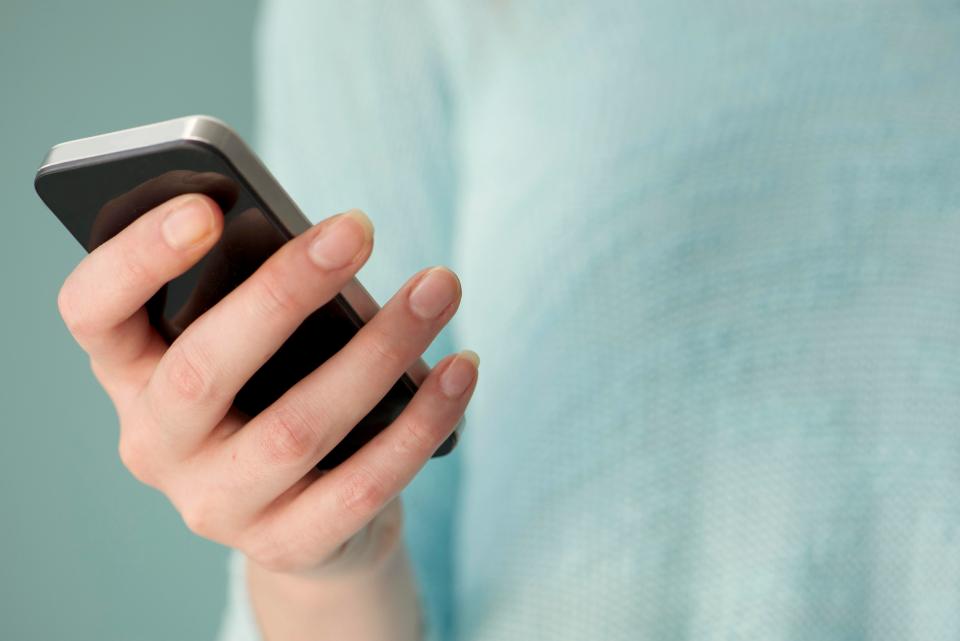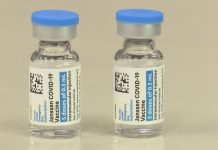
With the average age for a child to get their first phone now just 10, young people are becoming more and more reliant on their smartphones.
And a worrying new study suggests that this dependence on the technology could even be affecting some teens’ brains.
Scientists from Korea University in Seoul found an imbalance in the brain chemistry of young people addicted to their devices and the internet.
The study took brain scans of 19 young people diagnosed with smartphone or internet addiction and compared them with those of 19 healthy control participants.
Scientists used standardised tests to measure the severity of their addiction and asked the participants how their use of smartphones and the internet affects their daily routines, social life, productivity, sleep and feelings.
“The higher the score, the more severe the addiction,” said Dr. Hyung Suk Seo, lead researcher and professor of neuroradiology,
The results showed that addicted teenagers had significantly higher scores in depression, anxiety, insomnia severity and impulsivity than the controls.
The brain scans showed the levels of gamma aminobutyric acid (GABA), a chemical that slows down brain signals, and glutamate-glutamine (Glx) a chemical that causes brain cells to become more electrically excited, in each participant’s brain.
Having too much GABA in your brain can cause drowsiness and anxiety. The addicted teenagers had much higher levels of GABA and lower levels of Glx than the controls, suggesting these chemicals are strongly linked to smartphone addiction.
Researchers found that after having cognitive behavioural therapy, participants’ GABA levels decreased and their Glx levels increased.
At an education conference in London earlier this year, Harley Street rehab clinic specialist Mandy Saligari said that smartphones can be just as addictive for vulnerable teens as alcohol and drugs.













